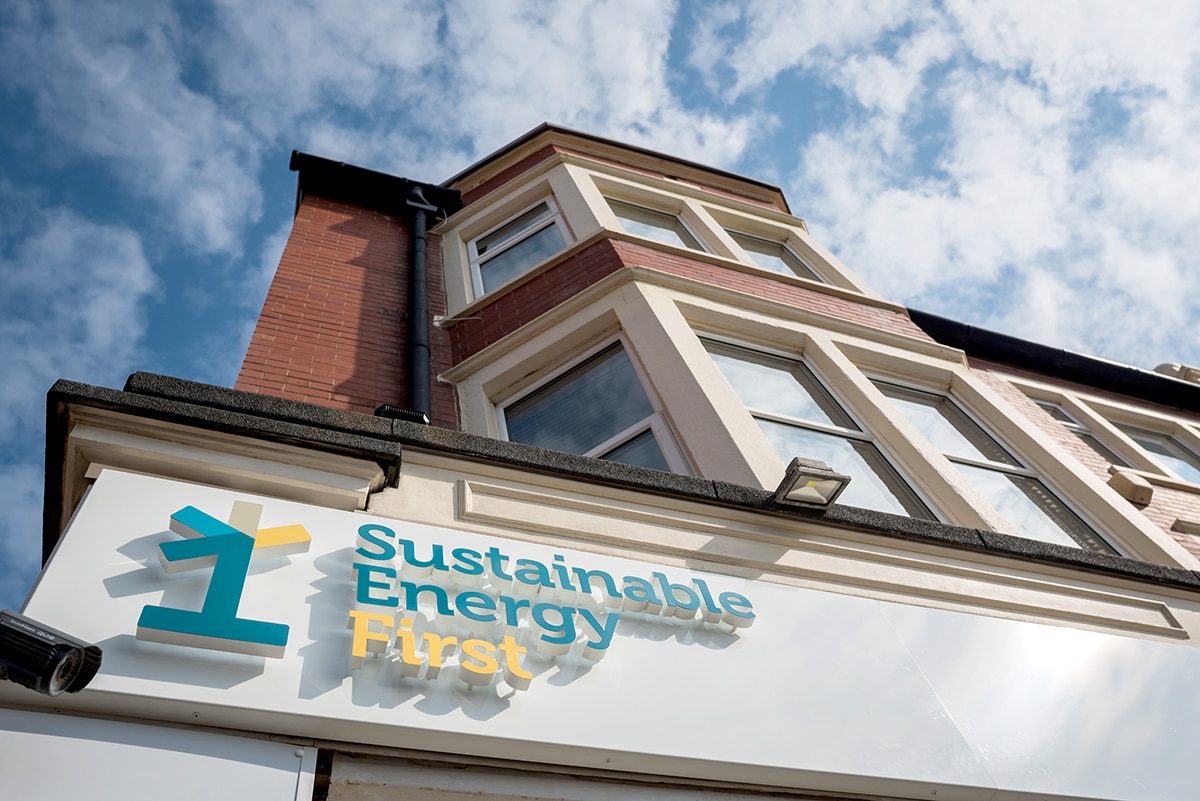At Inenco, we know that it pays to be prepared, and businesses that want to avoid excessive energy costs this winter should act now. Here we look at how the Capacity Market could affect your business and the cost-saving measures businesses should consider implementing in the coming months.
How will it affect your bill?
From November 2017 to February 2018, businesses will see a new charge on their bill, the Capacity Market levy, which covers the cost of running the Capacity Market. As an element of this charge will be based on time of use, this could raise business energy costs significantly. Those businesses that are on half-hourly meters, for example, will be charged around £31/MWh for all of the electricity they use between 4-7pm on weekdays.
These costs are likely to increase as the scheme evolves, with experts forecasting that the levy could rise to over £100/MWh in coming years.
This peak period also corresponds to times when ‘red band’ DUoS charges occur in most DNO regions and it’s also worth noting that Triad periods over the last decade have all occurred within this window, so any measures to reduce Capacity Market charges will also reduce peak use of system charges.
Offsetting rising costs
Due to the time of use element of the Capacity Market levy, businesses should be thinking about how they can reduce their consumption during peak times. If your business can shift consumption outside of these hours, or switch to on-site generation during peak periods, then you will be able to keep costs down. This won’t be possible for all businesses, but even turning down consumption slightly during peak times will make a significant difference to your energy bills.
It’s also a good idea to look at energy efficiency measures in order to bring your overall consumption down. You can start by carrying out an energy audit to find out how much energy you’re currently using, and using the information you gather to identify areas for improvement. You can then create an energy efficiency strategy and consider how you can reduce your usage. Energy efficiency measures don’t have to be expensive – encouraging staff to save energy can make a big difference and can be completely free to implement, for example.
Demand management is another key way to mitigate the additional costs of the Capacity Market, and many businesses will have flexible assets (such as refrigeration equipment) that can be turned down when needed. If you’re interested in introducing demand management to your business, but you’re not sure how to get started, Inenco’s team of experts can help you to understand your flexibility and find a demand management opportunity that meets your business’s needs.
Finding opportunities
It’s not all bad news when it comes to the Capacity Market – in fact, if you can participate in the Capacity Market then you could see substantial returns.
Any businesses that can be flexible with their energy consumption can bid for a Capacity Agreement. Even businesses with low consumption can get involved, as aggregators can group the capacity of small businesses together. Those that are chosen to participate will need to reduce their consumption by a pre-agreed amount when they receive a Capacity Market Warning, but participating businesses are paid whether they’re called upon to turn down or not. In the Capacity Market transitional auction for the coming winter, which took place in March, National Grid contracted for 312MW of demand turn-down, for which they will pay £45 per kW of capacity.
While it’s too late to get involved in the Capacity Market this winter, the Department of Business, Energy and Industrial Strategy (BEIS) have confirmed that they will be aiming to procure 6GW of additional capacity in the T-1 auction for delivery in 2018-19. The prequalification period for this auction closes on 29th September 2017, so if you want to get involved then you will need to act quickly. Inenco can help businesses through the complete process, from qualifying for auctions to setting up a turn down strategy.
Is your business ready for winter?
Don’t wait until the days get shorter before you start thinking about your winter energy strategy – you need to act now to mitigate the increasing costs you’ll face this year. If you want to find out more about how to optimise your energy strategy ahead for winter, talk to Inenco today – give us a call on 08451 46 36 26 or email us at enquiries@inenco.com.





